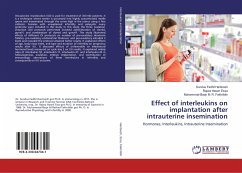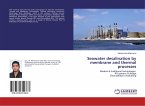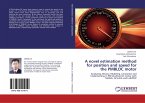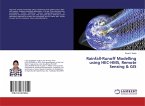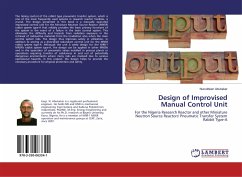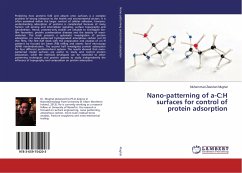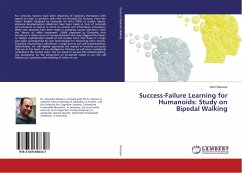Intrauterine insemination (IUI) is used for treatment of infertile patients. It is a technique where semen is processed into highly concentrated motile sperm and inseminated through the cervix high in the uterus using a fine catheter. Females with unexplained infertility and polycystic ovary syndrome were included in this study. In this study, the three ovulation induction (OI) protocols performed involved administration of clomid, gonal-f, and combination of clomid and gonal-f. The study illustrated effects of different OI protocols on number of pre-ovulatory dominant follicles, pre-ovulatory endometrial thickness, and pre-ovulatory estradiol 2 levels and revealed the protocol attained better results. It explained effects of age, body mass index, and type and duration of infertility on pregnancy results after IUI. It discussed effects of unfavorable or imbalanced hormonal levels measured on cycle day 2 on IUI results. It explained widely roles of interleukin-1beta, interleukin-17, interleukin-27, and interleukin-35 in folliculogenesis, ovulation, embryo implantation, and contribution of immunologic aberrations of these interleukins in infertility and consequently on IUI outcome.

